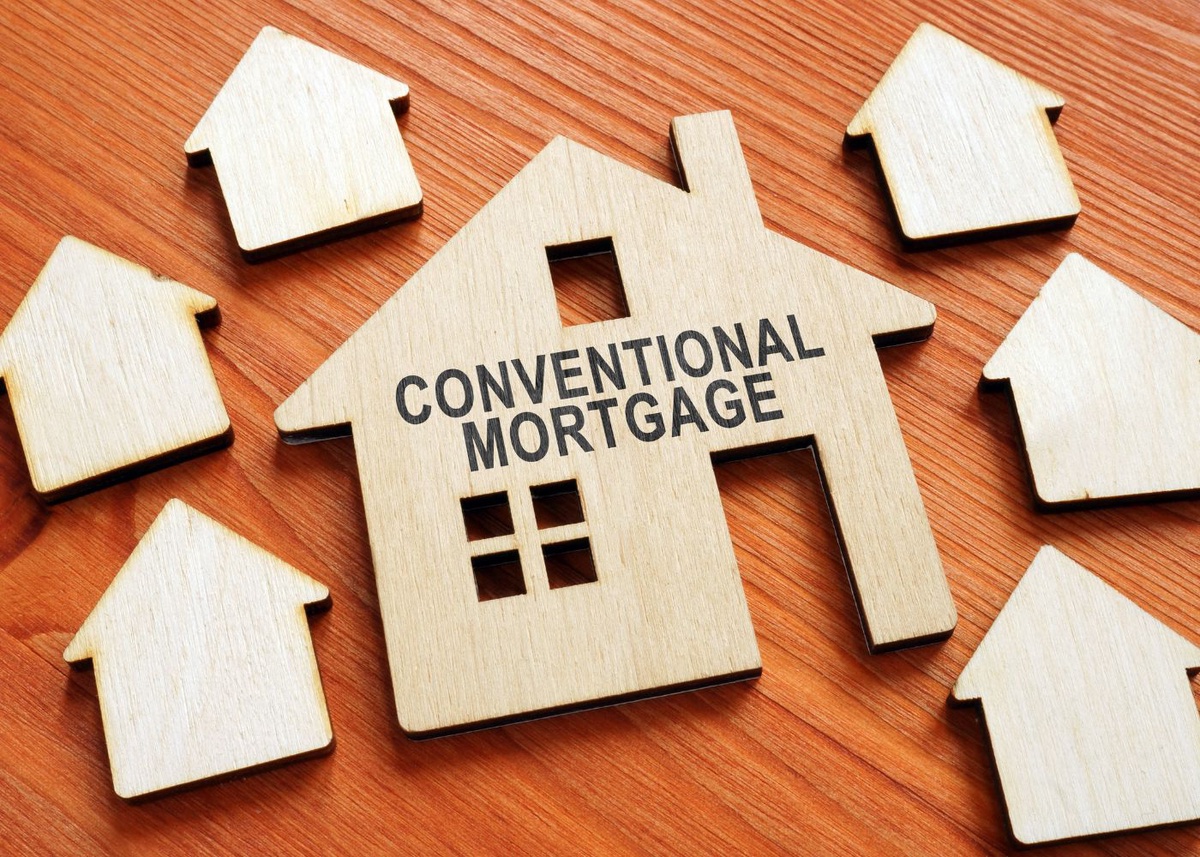Conventional mortgages dominate the housing market, constituting a significant portion of all home loans. Originated by private lenders such as banks, credit unions, and mortgage companies, these loans are frequently sold to government-sponsored enterprises like Fannie Mae and Freddie Mac for securitization.
Understanding Conventional Mortgages
A conventional mortgage is tailored for residential properties and differs from government-backed loans like USDA or FHA mortgages. Despite lacking government insurance, these loans must adhere to guidelines established by Fannie Mae and Freddie Mac. Key criteria include:
- A minimum credit score around 620 is typically required, which may vary based on factors like loan amount, minimum conventional loan amount, and debt-to-income ratio.
- A debt-to-income ratio not exceeding 43%, though it might be lower for applicants with subpar credit.
- No recent major credit issues like bankruptcy or foreclosure.
- A down payment of at least 3%, rising to 20% to waive mortgage insurance.
- Loan amounts up to $510,400 in most areas, reaching $765,600 in high-cost regions.
The Process of Obtaining a Conventional Mortgage
Acquiring a conventional loan involves considerable paperwork, making it a meticulous process. Here's a breakdown:
- Application: You initiate by applying for the mortgage, collaborating with a loan officer to complete forms and submit financial documents.
- Approval and Closing: Upon approval, you proceed to the closing stage, where the loan is finalized, and you obtain the funds.
Securing a conventional mortgage entails a mortgage lien against your property, granting the lender a secured interest. This lien restricts property transactions without lender consent and enables foreclosure upon default.
Required Documentation for a Conventional Mortgage
To validate your loan application, lenders meticulously verify your financial details:
- Identification: Driver’s license or another photo ID.
- Income Verification: Pay stubs for the last month (W2 employees) and tax returns for the past two years.
- Down Payment Proof: Evidence of how you'll fund the down payment.
- Financial Overview: A statement displaying assets and liabilities.
- Credit Report: Obtained by the lender.
- Property Appraisal: Evaluation of the property to be mortgaged.
Eligibility for Conventional Loans
Typical eligibility criteria encompass:
- A debt-to-income ratio under 43%, potentially stricter with lower credit scores.
- Minimum credit score approximately 620.
- Down payment of at least 3%, rising to 20% for avoiding mortgage insurance.
Given that many conventional loans are sold to Fannie Mae and Freddie Mac, lenders often offer competitive interest rates, particularly for borrowers with strong credit and annual household incomes of $60,000 to $75,000.
Conventional mortgages suit:
- Individuals with stable, full-time employment offering consistent income.
- Self-employed individuals with three or more years of reliable earnings.
- Couples with moderate to high household income and minimal debt.
Conforming vs. Non-Conforming Loans
Conventional mortgages bifurcate into conforming loans and non-conforming loans:
-
Conforming Loans: Align with Fannie Mae and Freddie Mac standards, facilitating quicker loan sale. Non-conforming loans, or jumbo mortgages, deviate from these standards, typically necessitating higher interest rates and credit requirements.
-
Non-Conforming Loans: These don't meet Fannie and Freddie criteria, hence termed jumbo mortgages due to exceeding conforming loan limits. As these loans entail longer lender retention, they pose increased risk, demanding higher down payments and stricter credit and debt-to-income requirements.
Minimum Down Payment and Mortgage Insurance
For conventional mortgages:
- Minimum Down Payment: 3% for 30-year fixed-rate loans and 5% for adjustable-rate mortgages (ARMs).
- Mortgage Insurance: Required for down payments below 20%, safeguarding lenders against default risks. PMI can be terminated once homeowner equity surpasses 20%.
Comparing Conventional Mortgages with Other Loans
Conventional mortgages resemble government-backed loans but necessitate higher credit scores due to their non-governmental nature. While government-backed loans target low-to-moderate-income and lower credit score borrowers, conventional loans favor those with robust credit, steady income, and low debt.
Interest Rates on Conventional Mortgages
Conventional mortgage rates are competitive yet may not match the lowest rates of government-backed mortgages. Additionally, mortgage insurance costs for conventional loans can exceed those for FHA and USDA loans, adding 0.5% to 1% annually to loan expenses.
For applicants with a credit score above 700, a debt-to-income ratio under 35%, and a 20% down payment, conventional mortgages often offer optimal terms. Conversely, those with lower credit scores or inadequate down payment might find FHA or USDA loans more suitable.
Final Thought
Conventional mortgages remain a popular choice for many homebuyers due to their flexibility and competitive rates. While they require meticulous documentation and adherence to specific criteria, they offer opportunities for favorable terms, especially for borrowers with strong credit profiles and stable incomes. For those seeking guidance or assistance in navigating the complexities of conventional mortgages, reaching out to top mortgage lenders st louis can provide invaluable expertise and support throughout the home buying process. Whether you're a first-time homebuyer or looking to refinance, understanding the nuances of conventional mortgages can empower you to make informed decisions tailored to your financial situation.


No comments yet